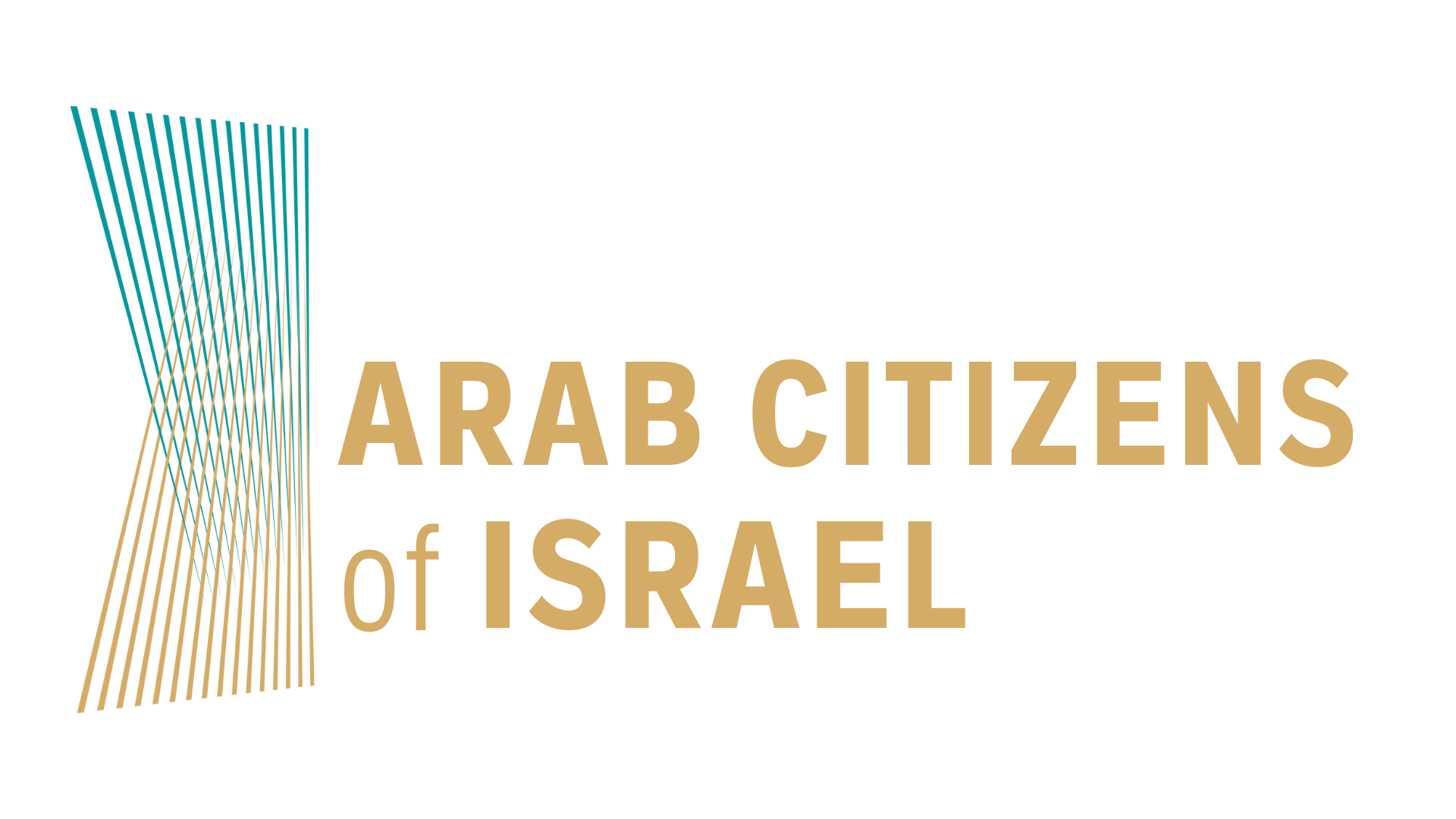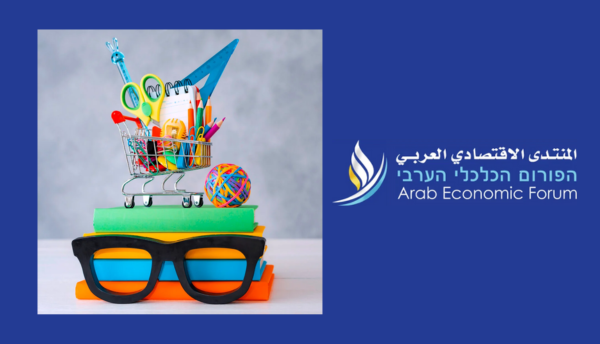Financial Literacy Challenges – Arab Economic Forum Study
In recent years, financial inclusion has gained increasing attention as a crucial factor in advancing the socio-economic development of Arab citizens in Israel. Higher rates of poverty and unemployment, along with limited access to banking, loans, and credit, remain key barriers, often pushing individuals toward the gray market and increasing vulnerability to financial exploitation.
Within this context, financial literacy is emerging as one of the most accessible areas for meaningful intervention, as it directly impacts budgeting, informed decision-making, and long-term financial stability. A recent study by the Arab Economic Forum (AEF) examines financial education within Israel’s Arab society, highlighting these challenges and their broader implications on economic mobility.
The forum, a non-profit organization dedicated to researching socio-economic issues and advancing the economic and social well-being of Arab society in Israel. The study, using focus groups and content analysis, examined financial challenges in Arab communities to identify key gaps and offer tailored recommendations for policymakers and educational program leaders.
Workshops with 67 participants from diverse localities, including Acre, Turan, Ein Hud, and Tamra, revealed a significant lack of basic financial literacy, particularly around savings, budget planning, and managing expenses. Despite these challenges, participants expressed strong interest in acquiring practical, culturally tailored financial management tools to improve their economic situation and foster leadership.
Financial Education Gaps
Financial education gaps between Arab and Jewish society in Israel stem from economic and cultural differences, suggests the study. Arab society tends to have a lower perception of risk and lacks a strong tradition of financial investment. The Bank of Israel (2024) reports that existing financial education programs are largely inaccessible to Arab communities due to linguistic and cultural barriers. While Jewish financial institutions provide training and digital tools, most materials are not translated into Arabic or adapted to Arab society’s social context.
Beyond knowledge gaps, trust in financial institutions is a key issue. Research shows that minority groups often distrust formal institutions, relying instead on informal financial support from family or friends. As a result, Arab society in Israel has fewer tools to navigate modern financial opportunities and the digital economy.
Key Challenges
- Lack of Financial Knowledge and Awareness
Participants demonstrated significant difficulty in understanding basic financial concepts, such as taxation, insurance, pensions, interest rates, and credit management. Many residents lack awareness of financial rights and benefits available to citizens.
- Household Budget Management
A major issue identified across all focus groups is difficulty in managing a household budget. Many participants reported an inability to systematically monitor expenses and income, often resulting in expenses exceeding income. As a result, many find it difficult to save or invest for the long term.
- Lack of Financial Discourse Within Families
Most participants reported that they do not share financial matters with their children and do not set spending boundaries, leading to a continuing lack of financial knowledge in the next generation. In Tamra, participants noted that children’s exposure to digital financial content and consumer culture often contradicts traditional financial values, making financial discussions within families more challenging.
- Challenges in Saving and Investing
Participants demonstrated a lack of regular saving habits and limited awareness of investment opportunities, facing several challenges in financial management. Many struggled to save regularly due to low income and high expenses, making it difficult to accumulate financial security. A lack of knowledge about investment options and their potential benefits further hindered their ability to make informed financial decisions. Additionally, fear of financial risks and a general distrust of modern investment opportunities discouraged many from exploring viable financial growth strategies.
- Lack of Stability
Additionally, many expressed concerns regarding their economic future, particularly in light of the political and security situation in the country. Concerns about job stability, economic fluctuations due to conflict, and general financial uncertainty further complicate financial planning. In Ein Hud, participants questioned how to sustain financial stability during wartime, underscoring widespread economic insecurity. Similarly, in Tamra, many feared losing their jobs and facing increased financial hardship. These concerns create a climate of economic uncertainty, discouraging long-term savings and investment.
The Need for Professional Financial Guidance
Participants consistently emphasized the need for accessible, culturally relevant financial education programs. Key areas of need include:
- Reliable sources of financial information in Arabic.
- Practical tools for budgeting, saving, and investing.
- Training on financial planning and economic rights.
The AEF Recommendations
The AEF study highlights the need for culturally tailored financial education to address linguistic barriers, institutional distrust, and economic instability. Accessible initiatives from policymakers and civil society organizations can empower informed financial decisions, enhance stability, and foster long-term economic mobility for Arab citizens in Israel.
- Integrate financial education into schools and community programs: Establish Arabic-language financial literacy curricula tailored to cultural norms and economic realities.
- Expand financial literacy initiatives for women: Ensure that women, particularly in traditional households, gain financial management skills through targeted workshops.
- Develop accessible digital tools: Create Arabic-language financial management apps and online resources.
- Enhance trust in financial institutions: Increase outreach programs in Arab localities to bridge trust gaps and encourage financial participation.
- Encourage savings and investment programs: Promote culturally relevant micro-investment and savings initiatives that align with Arab society’s financial behaviors.
How Can We Help?
Do you need support integrating these resources and issues into your philanthropic, communal, or Israel education work? Reach out for consultations, connections to experts, program support, training, or to plan your next event or mission. If you’ve used our resources, tell us about your experience!


